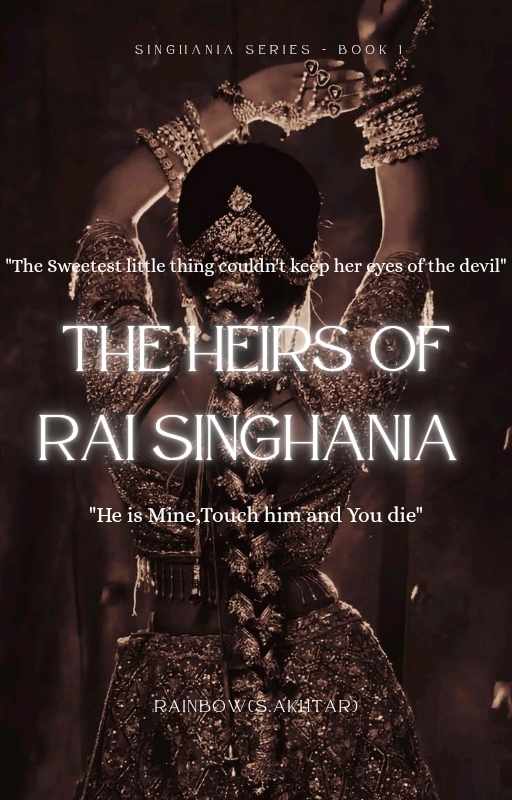The Heirs Of Rai Singhania
Singhania Series- Book 1
Three Heirs Married Three Girls (like Forcibly)
.
.
.
"Vansh''try to gain His attention but failed.
"Vansh I heard something about you"
Now vansh look at her.
"What"
"That.....you hate girls so much"She is like shuttering,bcoz she know what is going to happen with her.
With out saying anything Vansh Attacks her lips and starts to suck it hungryly.
She was full in shock that she forget to do any action.when Vansh bite her lower lip,she gain her attention and try push him but can't bcoz he still now pins her hands above her head.
.
.
.
"Then if you Agree that you are my wife and I am your husband then give me my rights......opsss actually I doesn't want your permission.........I have full rights on you"while pin her on the wall.
"Veer am not your slave or a toy "
"One mistake darling.....you are my slave....my s*x toy"while smirking.
Arzh High her hand to slap him but Veer hold her hand and pin both hand to her back.
"Ahhhh Veer it's Hurting please leave my hands"
"Wrong move darling"
Then Throw her on bed and hover over her.
He started to bite and suck her neck
Her boths hands were pinned by his hand ,that's why she can't stop or push him away.
.
.
.
"Sweetheart," he whispered in a nasty voice, "I am thirsty."
My stomach churned. I crunch nose in disgust, but he snarled-
"Don't do that nose thing again. It boils my blood."
Before she could react, his mouth latched onto her neck, sucking hard.
"Ahhh-Vyom!" she cried, her voice breaking into a moan of pain. She pushed at him, her fragile hands useless against his strength. "This is not right... please let me go... please, I beg you!"
"Just shut up."


Write a comment ...